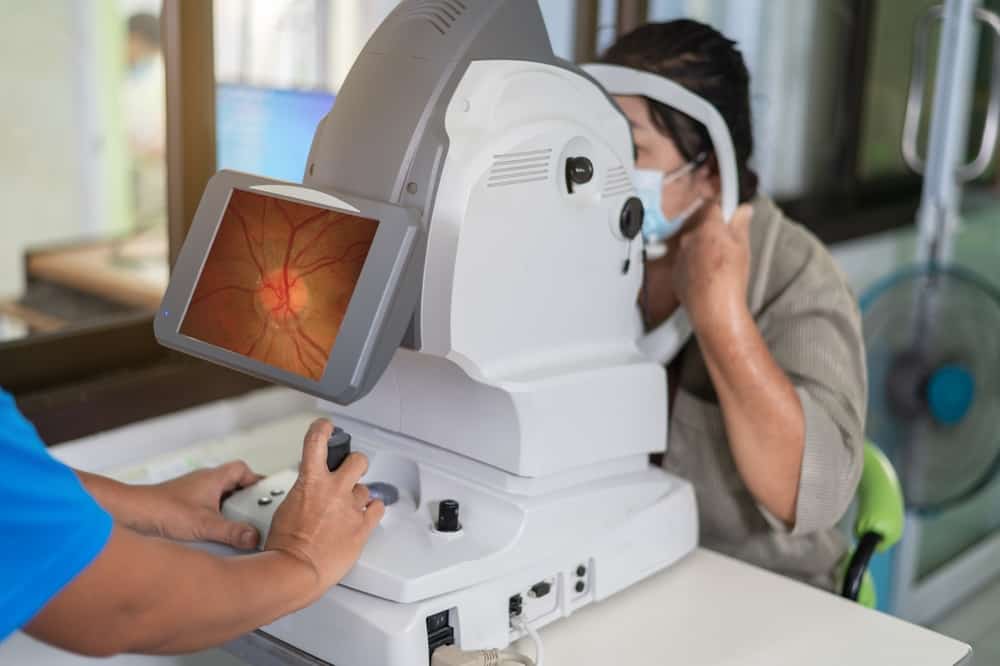Featured
Table of Contents

Regular eye examinations are important for keeping excellent vision and finding potential eye wellness concerns early. The regularity of these examinations can differ substantially based on an individual's age, way of living, and total health and wellness. Understanding the suggested routine for eye examinations can aid guarantee that individuals of every ages get suitable treatment and surveillance for their eye health.
Newborns and Toddlers (0-2 Years)
For infants and young children, eye examinations are vital for finding any type of prospective vision troubles early. The American Academy of Ophthalmology advises that a kid's very first eye test should happen at around 6 months of age. Throughout this initial check out, the eye care expert will certainly evaluate the kid's aesthetic development and look for any type of noticeable eye issues.Following this first test, it is recommended that children have one more eye examination at age three. This browse through will certainly concentrate on examining the kid's overall aesthetic function, including eye alignment and the ability to track objects. If no problems are spotted, the next exam needs to be set up before the child begins institution, typically around age 5 or six.
School-Aged Children (6-18 Years)
When youngsters reach school age, normal eye exams ought to be arranged each to two years. Vision is essential for learning and advancement, and numerous colleges perform vision testings. These screenings do not change an extensive eye exam by an eye treatment specialist.For children included in activities or sports requiring significant aesthetic emphasis, annual eye exams might be advisable. In addition, if a child exhibits signs of vision problems-- such as problem reading, scrunching up your eyes, or frequent headaches-- a browse through to the eye physician need to be set up immediately.
Youthful Adults (19-39 Years)
Young adults usually have less vision changes than older age teams, yet normal eye exams remain important. The basic referral is to schedule an eye test every two years throughout this duration. Individuals with certain risk elements-- such as a household history of eye disease, diabetes, or those who put on call lenses-- should take into consideration annual eye exams.In addition, those who invest substantial time on digital gadgets might experience electronic eye stress. If signs such as dryness, tiredness, or blurred vision happen, it might be smart to see an eye treatment expert earlier.
Grownups (40-64 Years)
As individuals get in center age, the chance of creating vision troubles rises. Grownups aged 40 to 64 must schedule eye examinations every one to two years. This age team may begin to experience presbyopia, an all-natural age-related condition that makes it testing to focus on close items. Eye examinations can additionally aid identify other usual age-related problems such as glaucoma, cataracts, and macular degeneration.If individuals in this age group have threat variables like high blood stress or diabetic issues, they might need more frequent assessments to check their eye health and wellness very closely.
Senior Citizens (65 Years and Older)
For senior citizens, normal eye exams come to be a lot more important. The American Optometric Organization suggests that individuals matured 65 and older have an eye test at the very least annually. Older grownups are at a higher danger for various eye illness, including cataracts, glaucoma, and age-related macular degeneration. Early detection and therapy of these conditions can avoid vision loss and enhance the lifestyle.Final thought.
Understanding the ideal routine for eye examinations based on age is crucial for maintaining optimal eye health throughout life. By sticking to these standards and consulting with an eye care specialist, individuals can take positive steps toward maintaining their vision and overall health.Table of Contents
Latest Posts
Uncover the Advantages of Spray Foam Roofing
Published Nov 22, 24
1 min read
Discover the Bath Fitter Lifetime Warranty: Your Assurance for a Lasting Bathroom Upgrade
Published Nov 22, 24
2 min read
10 Essential Car Maintenance Tips Every Driver Should Know
Published Nov 22, 24
0 min read
More
Latest Posts
Uncover the Advantages of Spray Foam Roofing
Published Nov 22, 24
1 min read
Discover the Bath Fitter Lifetime Warranty: Your Assurance for a Lasting Bathroom Upgrade
Published Nov 22, 24
2 min read
10 Essential Car Maintenance Tips Every Driver Should Know
Published Nov 22, 24
0 min read